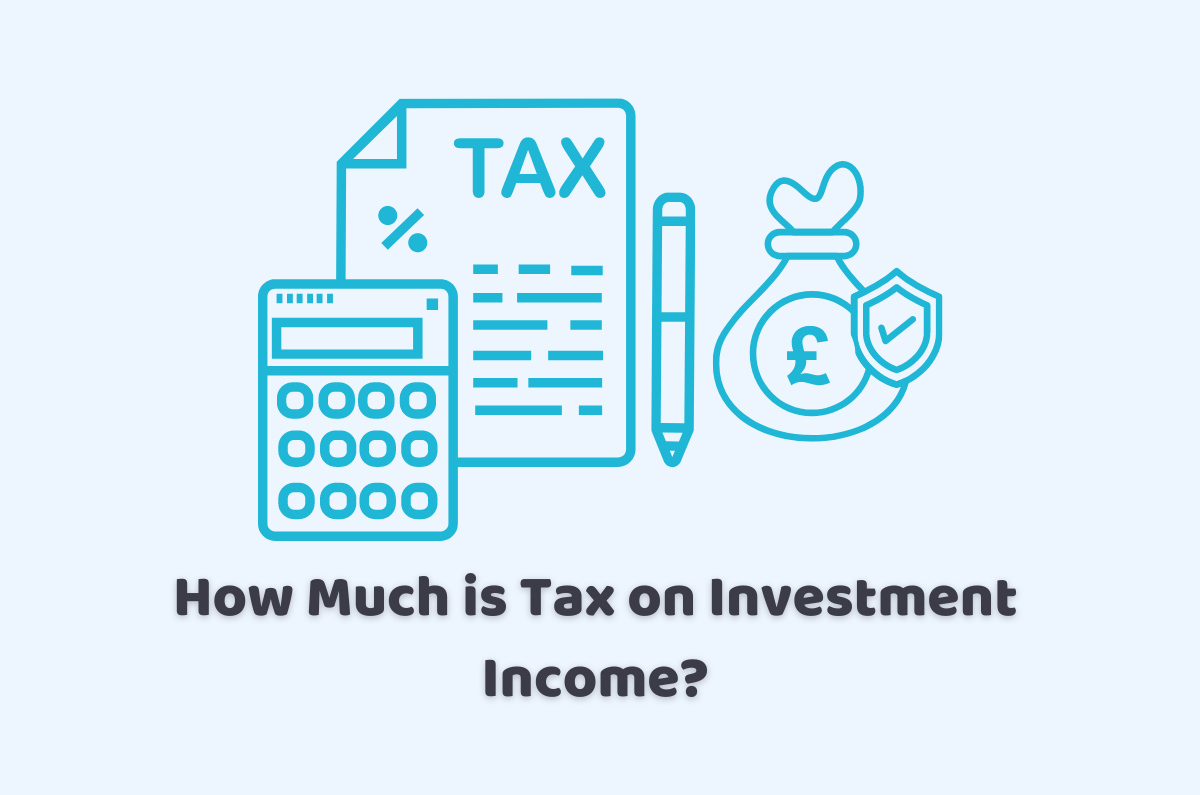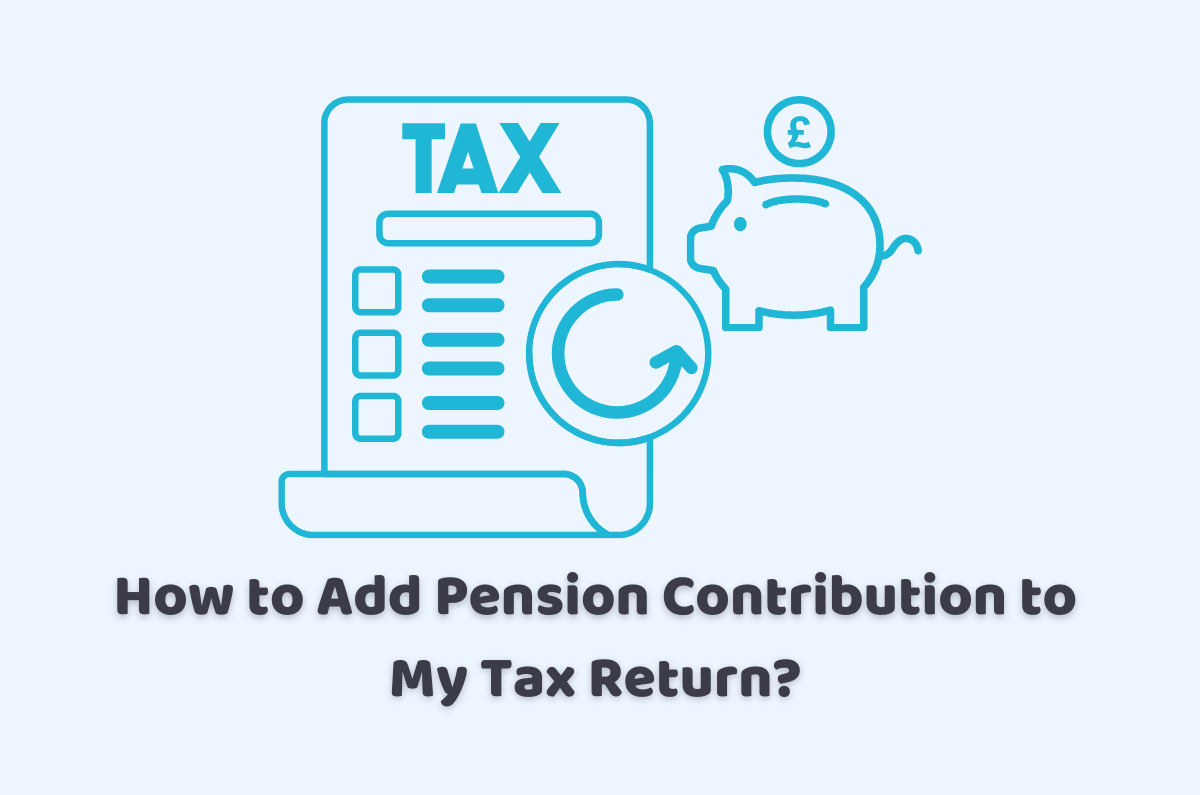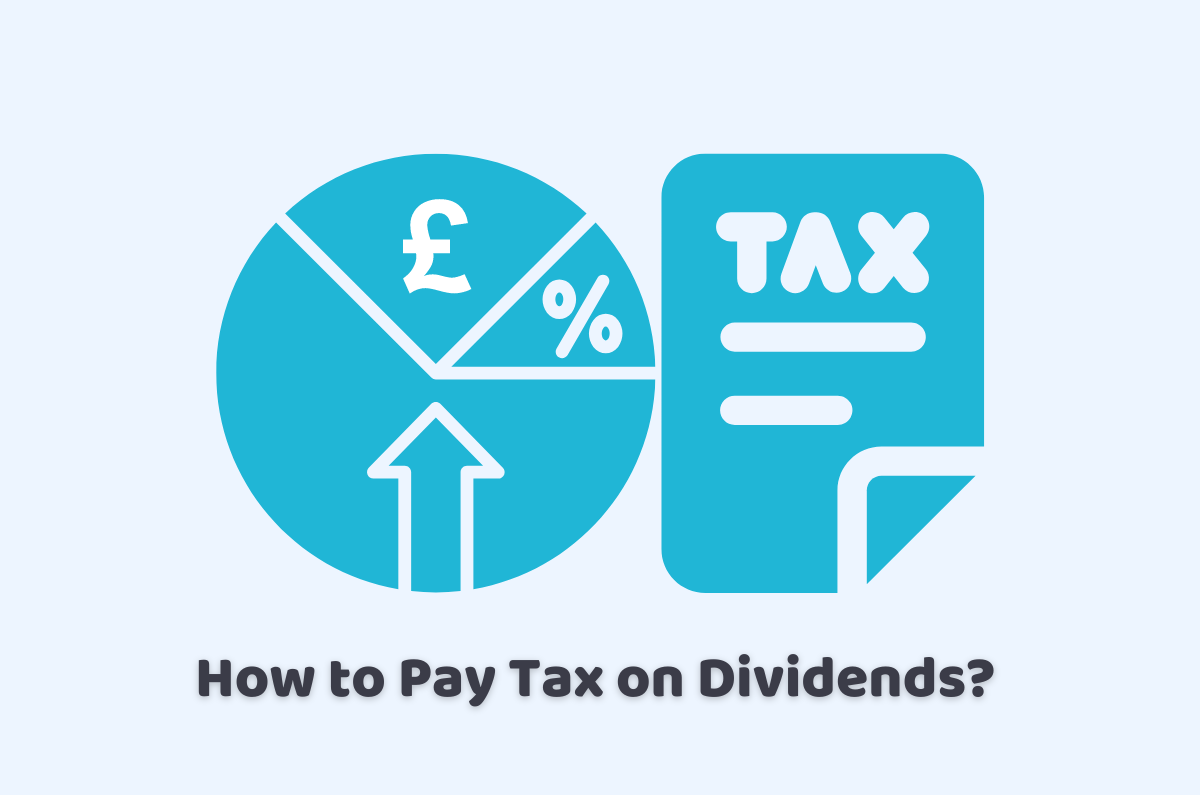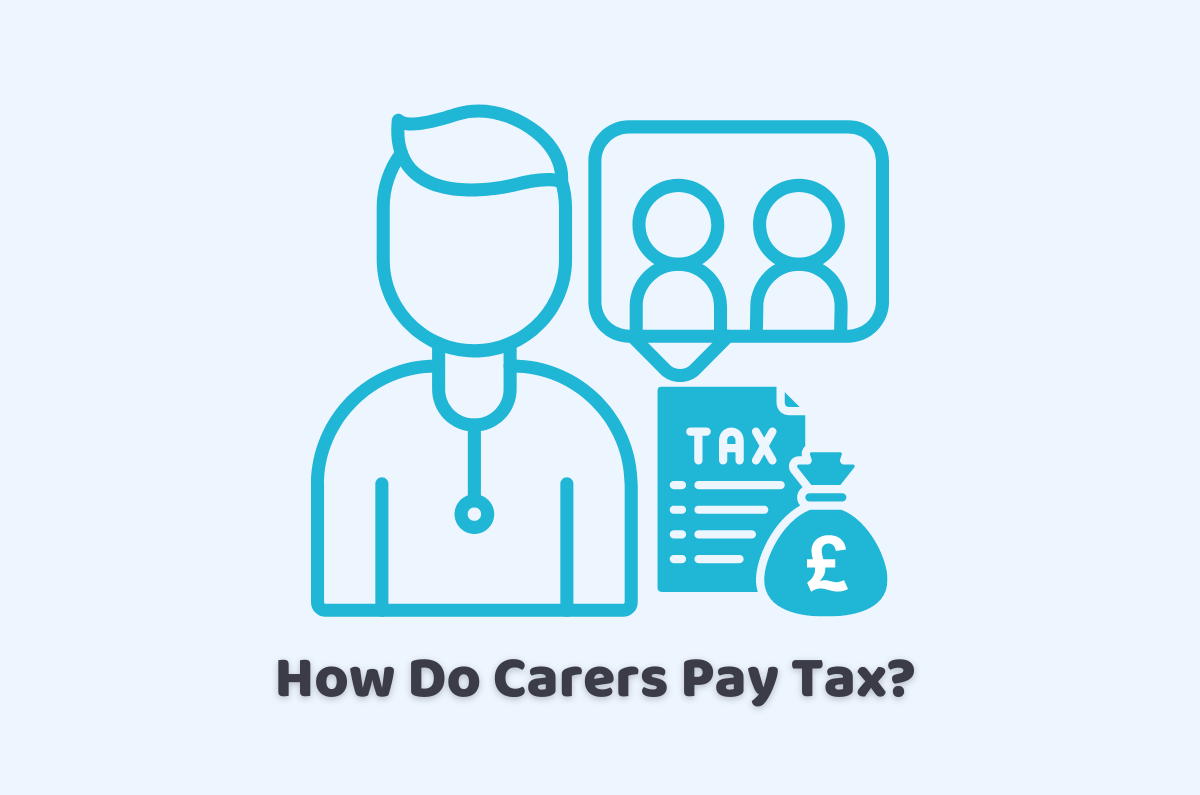25/04/2024tax , Tax Issues , Tax News and Tips
Wondering about the tax deadline for expats? As a UK citizen living abroad or a non-resident with UK income, navigating the complex tax landscape can be daunting. Missing this critical date can result in penalties, fines, and a whole lot of stress. But fear not! Understanding the tax deadline and its implications is key to …
Read more










